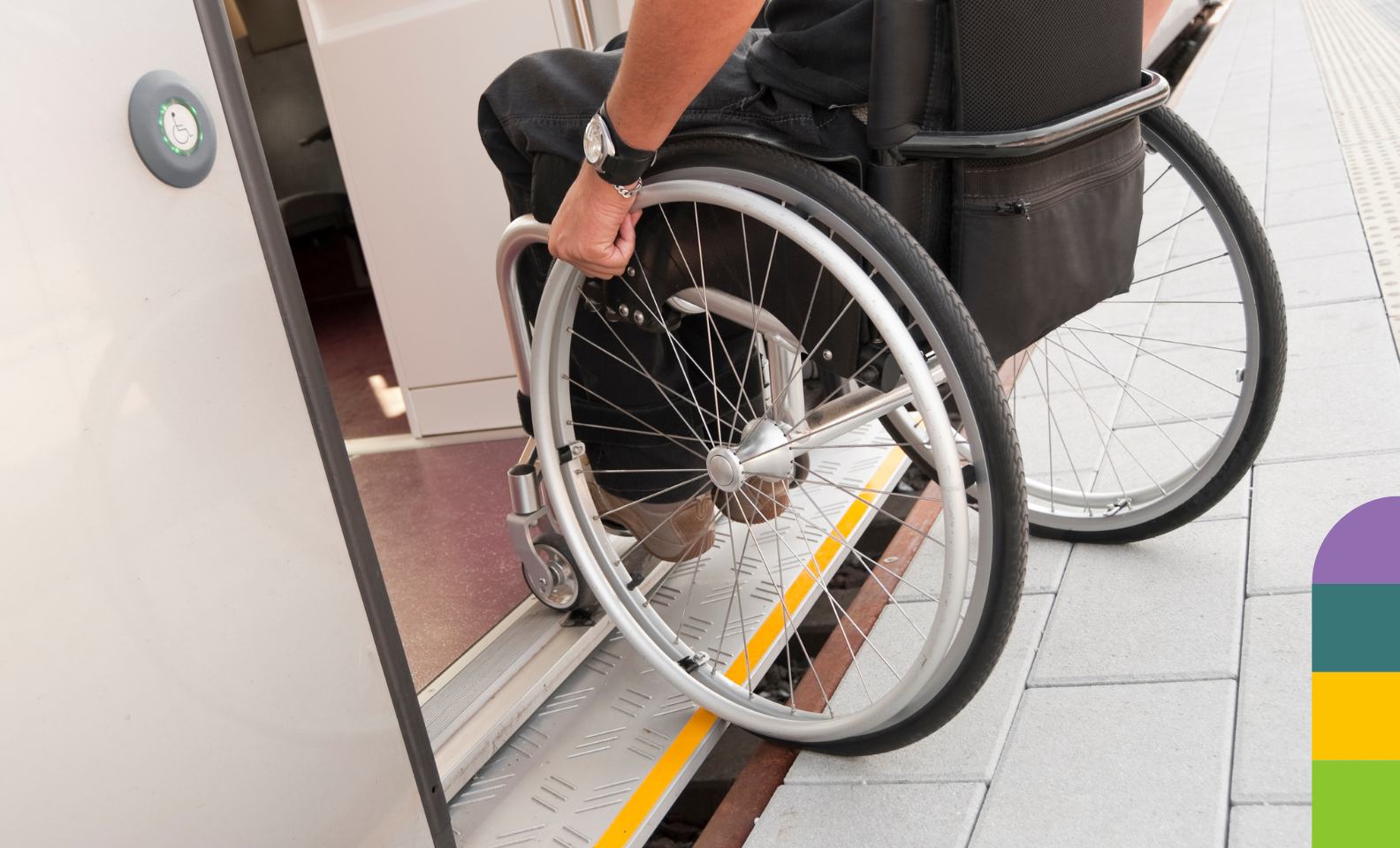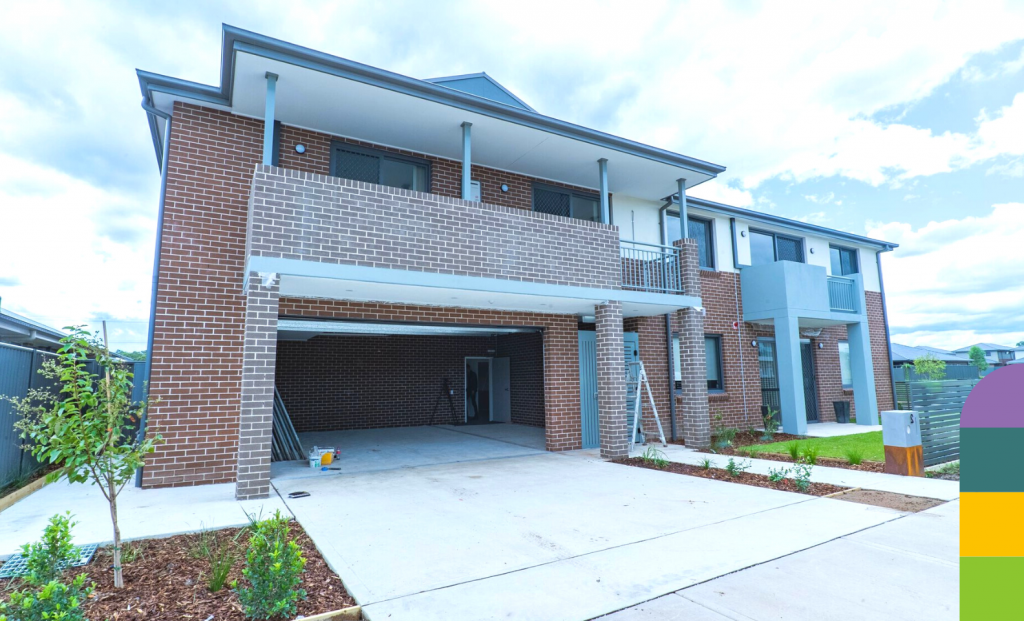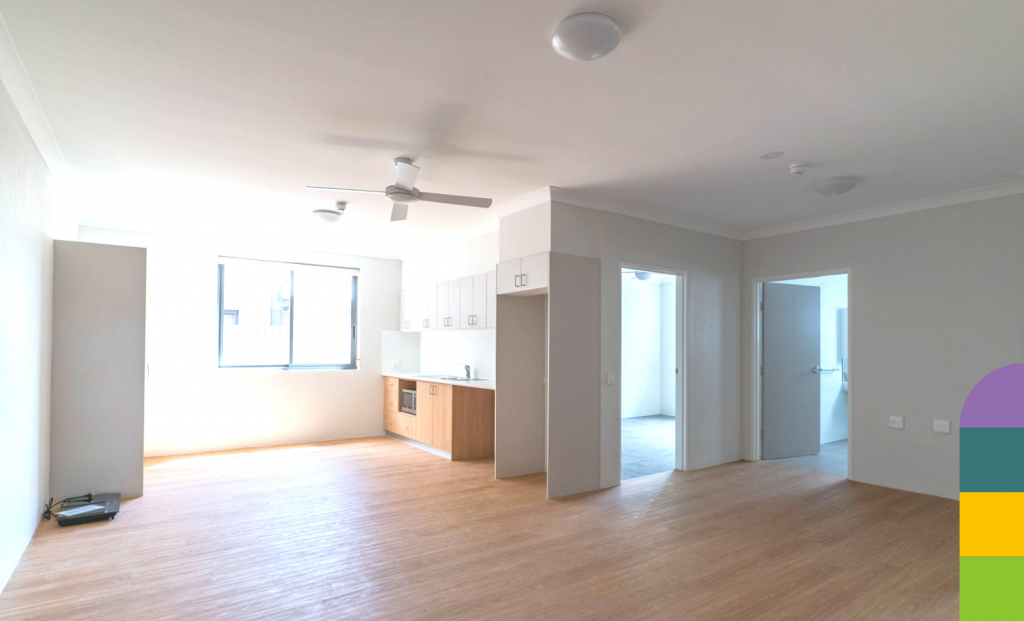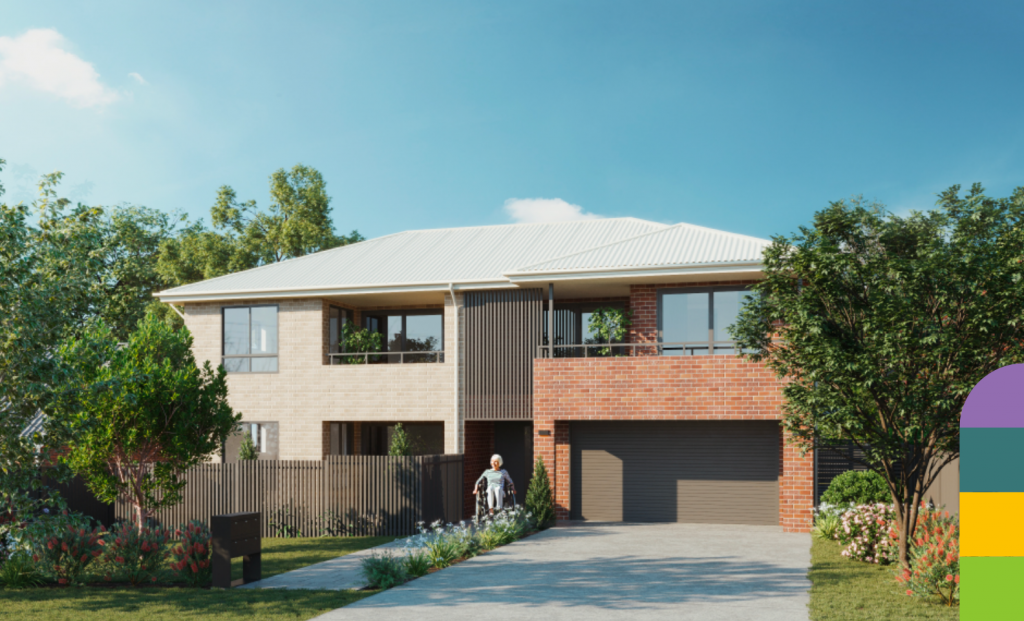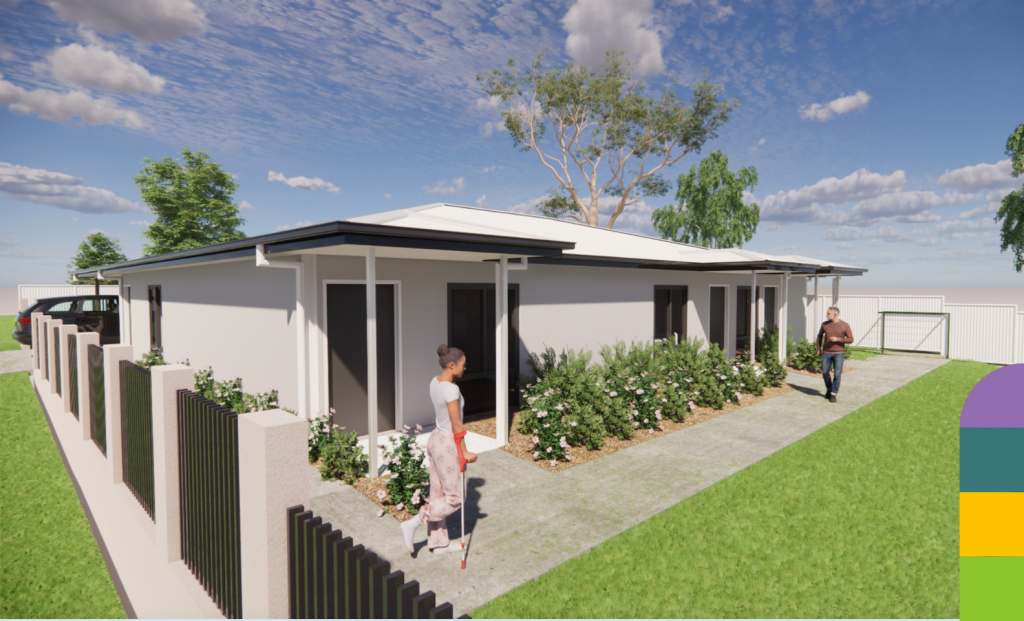Exploring the shortage of Specialist Disability Accommodation in Australia
Specialist Disability Accommodation (SDA) is a type of housing designed to support people with significant and permanent disabilities. The National Disability Insurance Scheme (NDIS) provides funding for eligible participants to access NDIS housing providers, which can include specially designed homes, apartments, or shared accommodations with specific disability support features.
Despite the significant need for SDA in Australia, there is currently a shortage of SDA-certified homes available to NDIS participants. This shortage is particularly acute in regional and remote areas, where access to NDIS accommodation is limited or non-existent. As of August 2021, there were around 12,700 people receiving SDA funding through the NDIS.
However, there are only around 2,000 SDA-certified homes available across Australia. This means that many people with disabilities are unable to access the suitable and appropriate housing they need and are entitled to under the NDIS. Now, a newly published study conducted by La Trobe University has shed further light on the SDA housing shortfall. The study analysed data from the Australian Institute of Health and Welfare and found that only 6% of NDIS participants requiring SDA are able to access it, despite the fact that the NDIS was intended to increase the availability of SDA options.
The study also found that people with disabilities in rural and remote areas are at a particular disadvantage, with only 1% of SDA options available in these areas. Additionally, the study found that there are significant variations in the availability of SDA housing across different states and territories, with some areas having much higher rates of SDA availability than others.
The shortage of SDA homes is due to a range of factors, including the high cost of building or retrofitting homes to meet the SDA design standards, a lack of incentives for property developers and investors to invest in SDA housing, and lengthy and complex certification processes for SDA providers. These factors make it difficult for new SDA housing to be built, particularly in regional and remote areas where the demand is high but the costs are even higher.
The lack of available SDA housing has a significant impact on people with disabilities, as they may be forced to live in unsuitable or inadequate housing, or to rely on informal support networks that may not be sustainable or safe in the long term. This can have a profound effect on their quality of life, as they may not have access to the facilities and support they need to live independently or participate fully in their communities.
Furthermore, the lack of available SDA housing can lead to delays and disruptions in NDIS planning processes, as participants may need to wait for suitable accommodation to become available before they can finalize their plans and access the supports and services they need. This can create unnecessary stress and uncertainty for people with disabilities and their families, as they may not know when or if they will be able to access the support they require.
The Australian government has acknowledged the need to address the shortage of SDA housing and has committed to increasing the supply of SDA homes over the coming years. The government’s SDA Innovation Plan aims to support the development of new and innovative SDA housing options, including through partnerships between the government, the private sector, and disability service providers.
However, the La Trobe University study highlights the urgent need to address the SDA housing shortfall, particularly in rural and remote areas where people with disabilities are at a significant disadvantage. More needs to be done to support the development of new SDA housing options, streamline the certification process for SDA providers, and provide incentives for property developers and investors to invest in SDA housing.
Maple's SDA Vacancies in NSW.
Jordan Springs, Western Sydney
A spacious dwelling located in the highly sought-after neighbourhood of Jordan Springs, NSW. This fantastic community living, SDA property boasts 5 x 2 bedroom units, all fit with their own bathrooms, living rooms and kitchens. Completing this shared living dwelling is a common area unit where residents gather for social events, team dinners, and other joint activities.
Jordan Springs, Western Sydney
A spacious dwelling located in the highly sought-after neighbourhood of Jordan Springs, NSW. This fantastic community living, SDA property boasts 5 x 2 bedroom units, all fit with their own bathrooms, living rooms and kitchens. Completing this shared living dwelling is a common area unit where residents gather for social events, team dinners, and other joint activities.
Austral, Western Sydney
This brand new dwelling boasts over 1150sqm of land in the newly established suburb of Austral. Designed as a Fully Accessible (FA) / High Physical Support (HPS) Home with Robust Villas. Featuring a sanctuary garden, vegetable and herb patches, and inviting open spaces for relaxation and play, this home is a wonderful display of greenery and community living.
Edgeworth, Newcastle
In partnership with Archewell, we are happy to present 3 x 1-bedroom, high physical support SDA category villas boasting independent living layout. Each villa includes its own private living/ dining space, laundry, bathroom, sizeable bedroom and its very own private entry.


